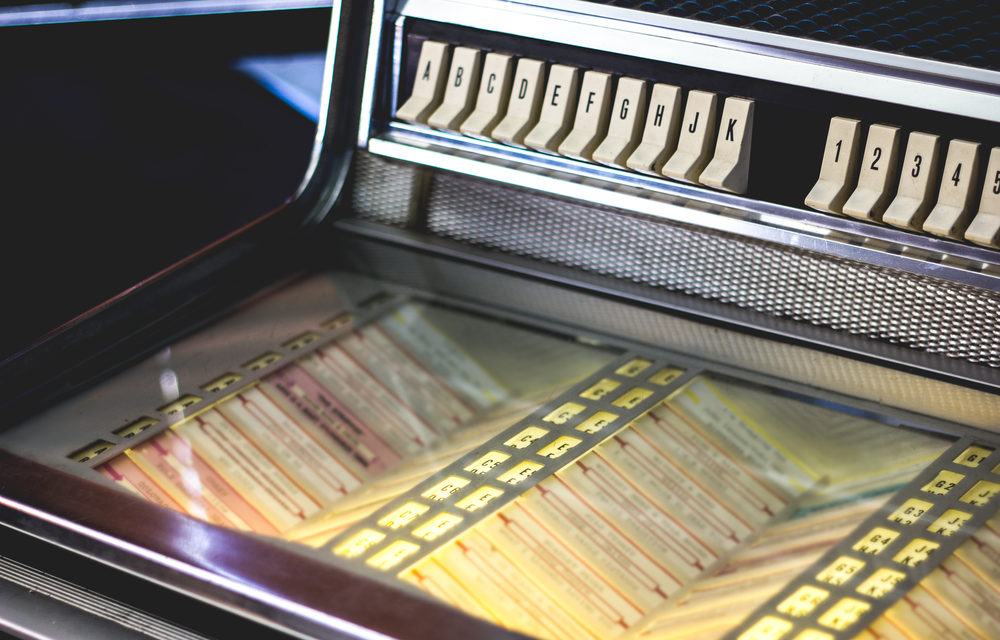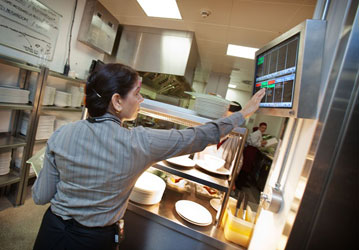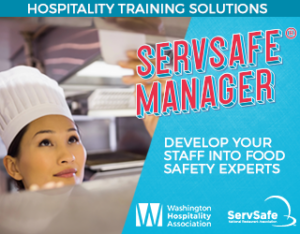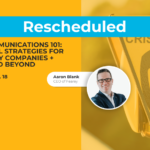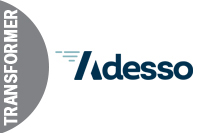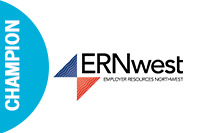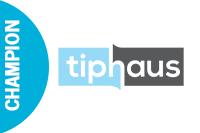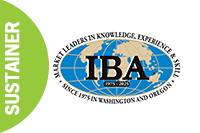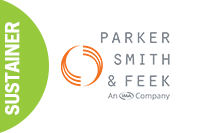If you wish to play any music in your establishment—whether it’s recorded background music, live music, a juke box, or a disc jockey—you must have a license. As the business owner, you are responsible for obtaining the proper license, and you may be liable for copyright infringement if you do not. If your business is a corporation, stockholders and officers may also be held liable. Furthermore, you may be liable even if:
- Music is performed in a private club
- Music is performed by an independent contractor
- You do not know what music is being played
- Musicians play copyrighted music after being told not to
- The business is operating at a loss for charitable purposes
- Musicians are playing their own arrangements
- Music is on the radio or TV
Merely owning a CD, tape, record, juke box, radio, television or any other device that plays music does not give a business owner the right to play music for the public. There may be other situations, not listed above, under which a business owner will be liable for copyright infringement if he or she does not obtain a proper license.
Ways to avoid copyright infringement:
- Enter a music licensing agreement. One way to avoid copyright infringement is to enter a music licensing agreement with a performing rights organization (PRO). The four major PROs are BMI (800.925.8451), ASCAP (800.952.7227) SESAC (800.826.9996) and Global Music Rights (globalmusicrights.com). After entering an agreement with a PRO, you may play works by the artists it represents without infringing on their copyrights. However, because each PRO represents a different group of artists, you must still check to make sure that the music you wish to play is covered by your agreement. Furthermore, if you wish to play music by artists not represented by one of the three aforementioned PROs, you will need to make separate licensing arrangements.
- Purchase music from a music service.You may also avoid copyright infringement by purchasing music from a music service that will handle copyright clearance for you. Keep in mind, however, that you will still need to make separate licensing arrangements for any music played in your establishment that is not provided by the music service.
- If you have a jukebox, obtain a blanket license from the Jukebox License Office (JLO).JLO is a joint venture between BMI, ASCAP and SESAC. Purchasing a blanket license through JLO allows your jukebox to play all songs in the ASCAP, BMI and SESAC repertoires. Once you are licensed with the JLO, you will receive a certificate that must be displayed in the title strip holder of each jukebox you operate. If you already have music licensing agreements with BMI, ASCAP and SESAC, you do not need to purchase an additional juke box license. However, buying a jukebox license alone does not permit you to play music by any means other than a juke box, and not all juke boxes can be licensed through JLO. More information about juke box licensing can be found at the JLO website: com.
- There are also streaming music alternatives. Contact the Washington Hospitality Association for details.
Exemptions:
If you play music over the radio or television only, you are exempt from copyright laws if (a) your establishment is under 3,750 gross square feet in area (not counting the parking lot), or (b) your establishment is over 3,750 gross square feet and:
- You play no more than four televisions (no more than one per room), each measuring no more than 55” diagonally, with no more than six speakers total, and with no more than four speakers per room, and
- You play radios that nave no more than six speakers total, with no more than four speakers per room.
To qualify for the above exemptions, you must not charge a cover fee to see the television or listen to the radio.
Protections for Businesses That Play Music
Under House Bill 1763, which was signed into law in 2016 and became effective on Jan. 1. 2017, music licensing agencies cannot collect licensing fees in Washington unless they:
- Have a valid Washington UBI number.
- Register with the Department of Licensing and annually file an electronic copy of each performing rights agreement they use for royalty payments.
- Make available to business operators the most current list of each performing works to which they hold copyrights.
- The law also establishes a code of conduct for music licensing agencies, requiring that licensing representatives operating in Washington state:
- Must identify themselves and disclose that they are agency representatives.
- Must disclose the purpose of being on your property.
- May not engage in any coercive conduct or be “substantially disruptive” to your business.
- May not use obscene or abusive language when communicating with you or your employees.
- May not use or attempt to use any unfair or deceptive acts or practices in negotiating with you or your representatives.
- May communicate with you or your representatives during non-business hours by telephone or in-person at a location other than your business location only if you authorized them to do so.
- Must address all communication to your attorney if directed to do so by written notification from that attorney.
If the agency or its representatives violate any of the above, they are subject to a $1,000 fine. The law also calls on agencies to conduct outreach campaigns to educate businesses on their rights and responsibilities regarding copyrighted music.
Rev. 1/9/18
This article is an excerpt from the Handbook for Excellent Restaurant Operations (HERO), published by the Washington Hospitality Association. Want a hard copy of the whole manual? It’s one of the many benefits of becoming a member! Find out more about joining the Washington Hospitality Association here.

